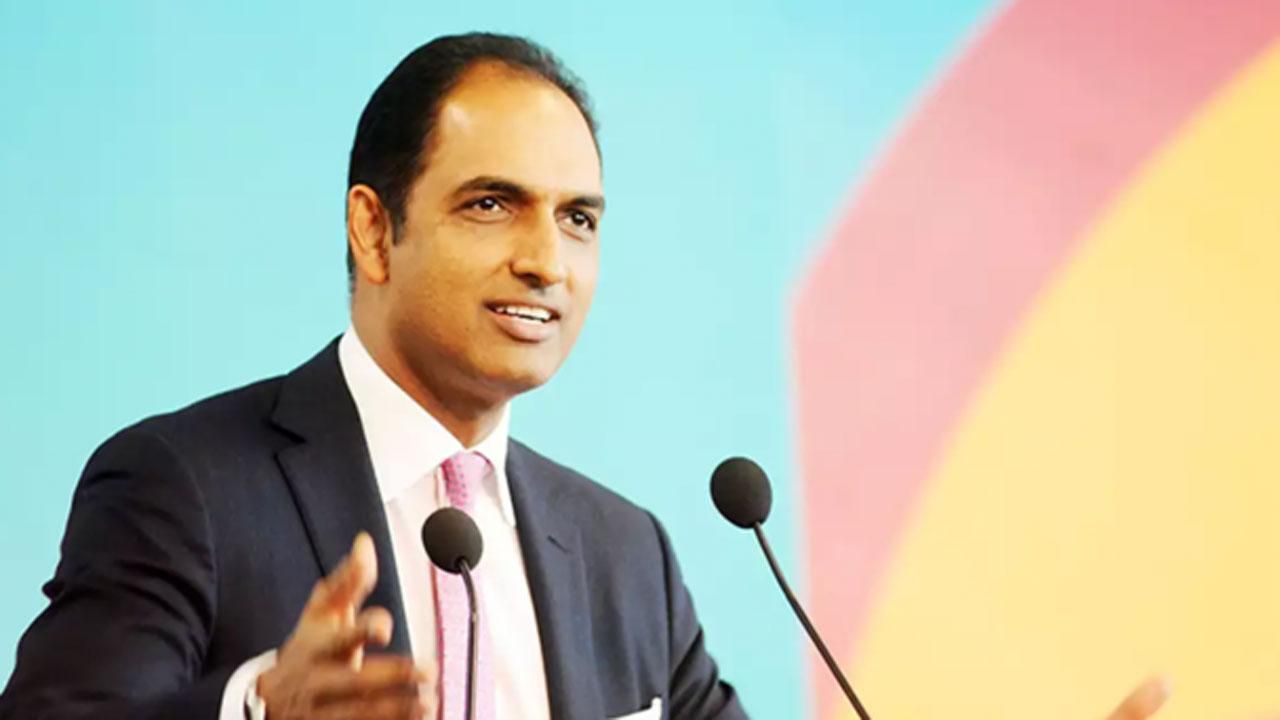As technological advancements are rapidly penetrating every corner of our society, reinforcing the sectors with digital security is the need of the hour, notes G V Sanjay Reddy, Vice Chairman of GVK Group.
Since the advent of the 21st century, technological progress has ushered our society into a digital age that has penetrated every corner of our lives. From economy and healthcare to education and governance, each innovation has brought about an improvement in the quality of life and ease of living. Automation and robotization once used to solely drive the manufacturing factories, yet today they are increasing productivity in other sectors like service and retail.
Cutting-edge technologies like AI and IoT have transformed traditional sectors into functioning with higher efficiency and precise delivery of services. GV Sanjay Reddy has welcomed these developments for their contribution towards improving the society at large. However, he also cautions on the vulnerabilities that such wide-spread reliance on technology provides.
During the early days of Internet, the nature of exposures within the digital world was largely constrained to exposure of financial networks, DDoS attacks on big companies and institutions, and online phishing or hacking. However, in today’s interconnected digital world, the forms of vulnerabilities have also evolved.
For instance, the power sector’s upgradation of its network across the world for optimal transmission and distribution has also opened the power grids to remote attacks and failures. GV Sanjay Reddy, who serves as the Vice Chairman of GVK Power and Infrastructure Limited, underscores the collective duty to address such vulnerabilities.
He points towards the cyberattack on the European Network of Transmission System Operators for Electricity (ENTSO-E), which took place in 2020 and affected over 42 Transmission System Operators across 35 countries.
In 2017, various petrochemical plants of Saudi Aramco were targeted to damage the production and supply chains of the world’s biggest oil company, and effectively, the global oil trade. Paul Schaaf, an associate of FBI who operates in the cybertheft domain, states that “if it has code in it, it can be corrupted and written too”.
The statistics on the subject of data security within companies are also a point of deep concern. Many do not take the issue of cybersecurity with the required seriousness and fail to enact appropriate measures to counter any risk within their systems.
GV Sanjay Reddy warns against complacency, stating, “the impact of such gaps is immense, even if not directly visible: Between 2020 to 2021, financial losses across the world due to various acts of cybercrime increased from 1 trillion dollars to almost 6 trillion dollars – a 600% surge in just a year.”
Leading the battle for digital safety, nations like Israel are investing resources to tackle the threats faced by them on cyber fronts. Following recurring cyber-attacks on its infrastructures and data systems, Israel now operates an 82 Billion-dollar cybersecurity industry to safeguard its assets and data.
Over 40 European countries have already passed rigorous data protection legislations and they ensure strict implementation of the provisions. Sweden’s efforts to close any gap in their digital infrastructure has led to the nation having the world’s lowest malware infection rate at 19.88%.
In 2021, according to a research by ISACA and HCL Technologies, almost 49% organizations were reported to have vacant positions when it came to the divisions handling cyber security. The dearth of qualified cyber security personnel in India is 9% higher than the world average. The Data Security Council of India estimates that approximately 1 million skilled experts are needed in the field of cybersecurity.
India’s position in respect to the issue necessitates funding of critical R&D on cybersecurity measures and shut down the vulnerable spots in our infrastructure. Among the measures taken by the Government of India towards this purpose, the Information Technology (The Indian Computer Emergency Response Team and Manner of Performing Functions and Duties) Rule, 2013 mandated compulsory reporting of cyberattacks to CERT-In (Computer Emergency Response Team).
In addition, the Indian Parliament is currently scrutinizing the Personal Data Protection Bill, which was tabled in 2019, to bring about a robust legislative framework that can protect the citizens’ data from breaches and cyber-attacks with maximum efficiency. There has also been a steady increase in the budget allocation aimed at cybersecurity measures and institutions to neutralise threats as well as to increase awareness among the people.
“For the year 2020-21, the government has intensified its expenditure towards digital programmes and cybersecurity projects by 23%, bringing the total amount to Rs. 3958 crore. This exhibits the firm resolve taken by the national leadership to strengthen our security on the cyber front”, remarks GV Sanjay Reddy.
Source: NEWSX




